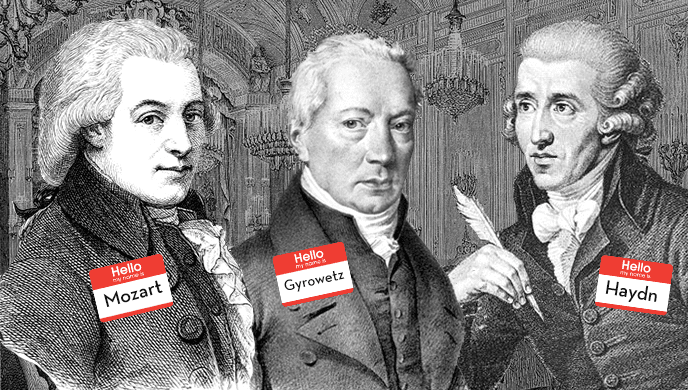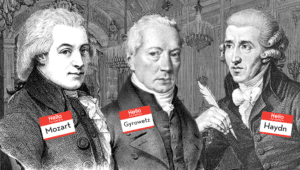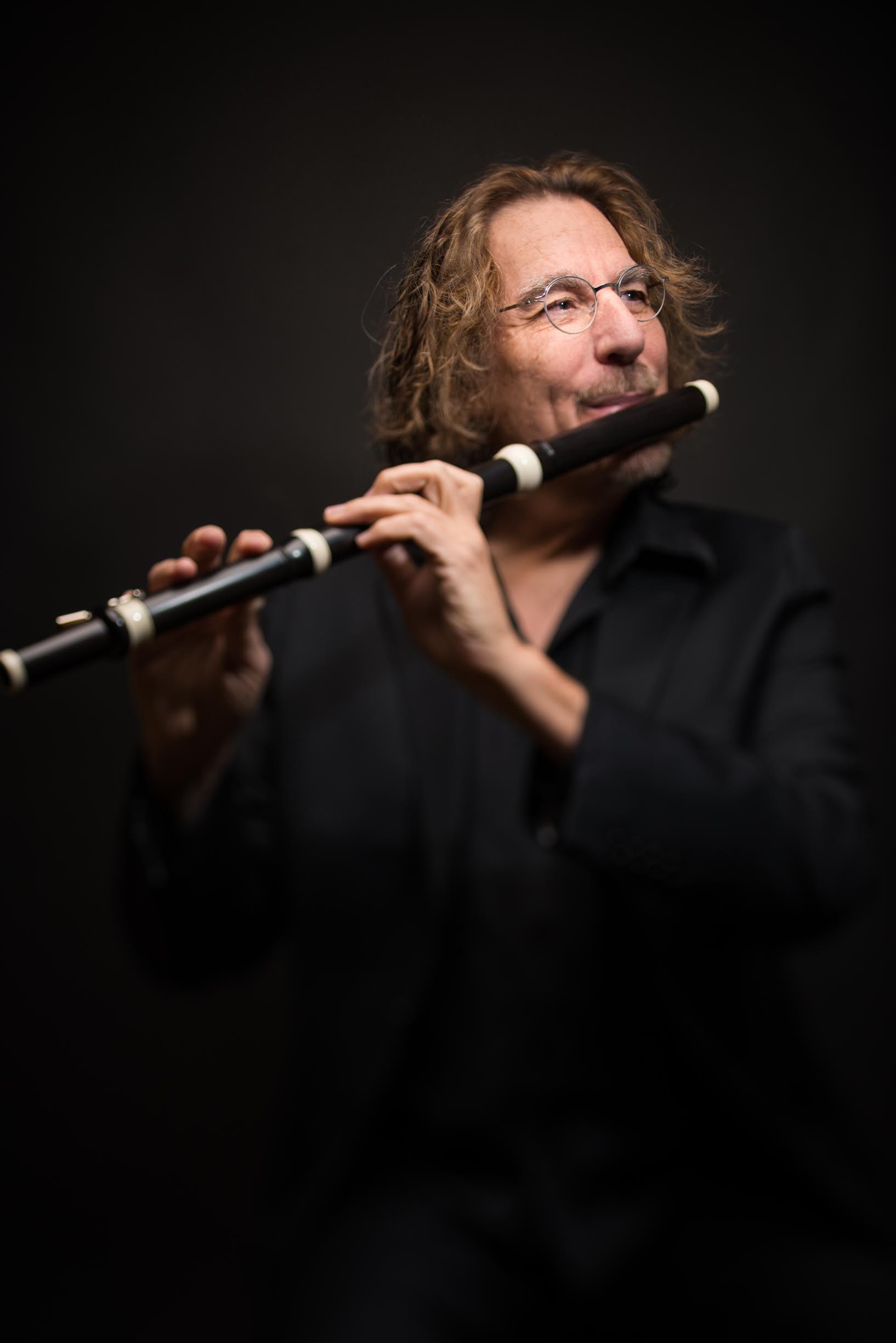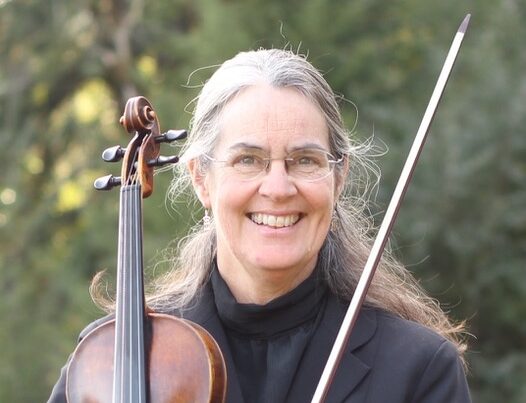Adalbert Gyrowetz: The “Zelig” of Music History
By Bruce Lamott
Protégé of Mozart, promoter of Haydn, pallbearer for Beethoven, and acquainted with Chopin, Goethe, and even Napoleon, the Bohemian composer Adalbert Gyrowetz (Vojtěch Jírovec in his native Czech) is music history’s own Zelig. Born in Budweis, Bohemia–birthplace of the eponymous Pilsner–he made musical connections with leading composers and nobility in Naples, Rome, Paris, and London, and his fluency in German, Czech, Italian, French, and English coupled with a congenial and modest personality won him friendships with a Who’s Who of notable musicians.
With an oeuvre of over forty symphonies, fifty string quartets, nineteen masses, thirty operas, and forty ballets, you’d think that a composer so prolific and well-connected would have become household name, but Gyrowetz lived long enough to be forgotten even in his own lifetime. Born in the year that seven-year-old Mozart was sitting on Maria Theresa’s lap (1763) and dying in the year that Wagner’s Lohengrin premiered (1850), his longevity of eighty-seven years rewarded him with the misfortune of outliving his musical style. He survived when many of those early Romantics were dying off young–Schubert, Mendelssohn, Chopin, but his music remained firmly lodged in the Classical style of Mozart and Haydn. It is telling that even as late as 1843 he was wearing a wig–presumably properly powdered–to a Jenny Lind recital.
We know so much about his peripatetic life because Gyrowetz is one of very few nineteenth century composers to leave a published autobiography. Even allowing for some nostalgic embroidery (after all, he was in his eighties when he wrote it), he led a remarkable life. He says that when he was eighteen, Mozart introduced one of his symphonies to a Viennese audience, he walked the ruins of Rome with Goethe, and the English ambassador and music patron Sir William Hamilton introduced him to the King of Naples, Ferdinand IV. He recalls seeing King Louis XVI carted off to prison, and sensing the imminence of the French Revolution, he fled to London. There he meets Haydn and recounts the tale of the “surprise” in the slow movement of Haydn’s “Surprise Symphony” (No. 94); the famous Salomon concerts in Hanover Square lasted until after midnight, and when Haydn played the unexpected loud chord for him on a square grand piano, he laughed heartily and said “That will wake up the ladies!”
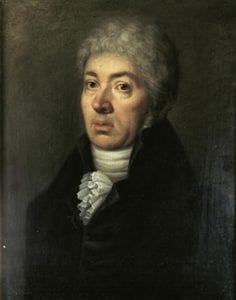
Adalbert Gyrowetz
Gyrowetz recalls his glory days, conducting his operas for the sovereigns of Europe gathered for the Concert of Vienna in 1814-15, receiving valuable gifts from the Tsar of Russia, the King of Denmark, and the Duchess of Weimar, and complaining about having to teach an opera note-by-note to a musically illiterate opera company from France. This may have been a further jab at the French, whose conquests under the recently defeated Napoleon were being sorted out at the Congress. Decades from these glory days, he muses that for all his diligence and fame, now in his old age he lives in dire financial straits.
Despite Beethoven’s praise of Gyrowetz’s opera Robert oder die Prüfung [Robert or The Test], none of the operas or ballets written in his 27-year tenure as Second Kapellmeister of the Court Theatre in Vienna from 1804 to 1831 withstood the test of time. Personally beloved even after his music was forgotten and no longer performed, he lived on a pension raised by musicians, even receiving a commission for a mass while in his eighties. Those young Romantics dying at the height of their creativity never had to face what Gyrowetz poignantly writes in his autobiography: “What a peculiar feeling it is to remain alive and yet realize that one is already spiritually dead.”
Hear PBO perform Gyrowetz’s Symphony Op. 6, No. 3 January 25-29. Learn more and get tickets to this rare performance here.

